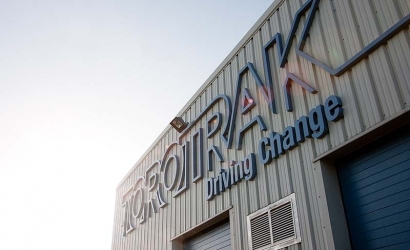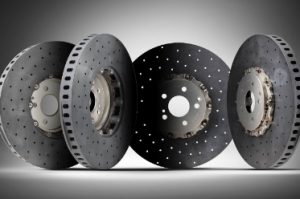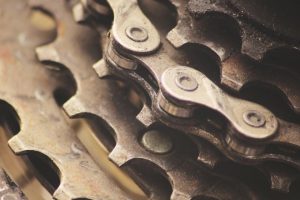Torotrak chairman reflects on ‘painful’ loss of 40 jobs

Torotrak, a developer and supplier of emissions reduction and fuel efficiency technology in vehicles which is cutting its workforce from 76 to 33 after deciding to close its site in Leyland, Lancashire, says commercial progress of its “proven” technology has “not been forthcoming”.
In its preliminary final results to March 31, chairman Nick Barter said the list company, which specialises in the use of ground-breaking KERS technology for buses and V-Charge to boost the power of smaller engines for cars, said the company’s focus was to realise value from its technology portfolio and other assets either through licence deals or sales of assets and its intellectual property portfolio.
Although there has been growing interest in its Flybrid product for the bus sector, acquiring customers has been difficult due to “the severe resource constraints the sector has faced over the last four to five years”.
Meanhile, investment from Tier One companies to productionise and commercialise V-Charge for mass market cars is unlikely to advance any further, Barter said.
He went on: “The decisions taken by our Tier 1 and OEM partners not to take V-Charge forwards into production coupled with the lack of progress from our IVT/CVT licensees, led us to the inevitable but painful decision that we must cease all further investment in the traditional Torotrak variable transmission-related technologies.
“As a result, we started a consultation process in January, 2017 to close the Leyland site which was the home of this technology and this process is substantially completed with the site to be vacated by the end of 2017.
“Our aim has been to minimise the impact on our licensees, whilst realising any possible residual value for our shareholders.
“We have made redundant all the employees based at Leyland and the majority have now left the business, except for a small team who are completing customer engineering programmes and supporting the sale of the IP and assets.
“We expect over the coming months to complete the sale and/or licensing of the technology and associated IP portfolio and sell the remaining physical assets such as test rigs and demonstrator vehicles. The proceeds from this are being used to off-set the closure costs.”
He added: “We closed the financial year with £5.1m in cash as anticipated, which was less than originally hoped for at the start of the year as the targeted licensing and other commercialisation events did not materialise as described above.
“Consequently, the company must now generate additional cash inflows during the current financial year to fund the operating costs of the Group including the ongoing development and other costs of the Flybrid business and the costs of closing the Leyland site.”








